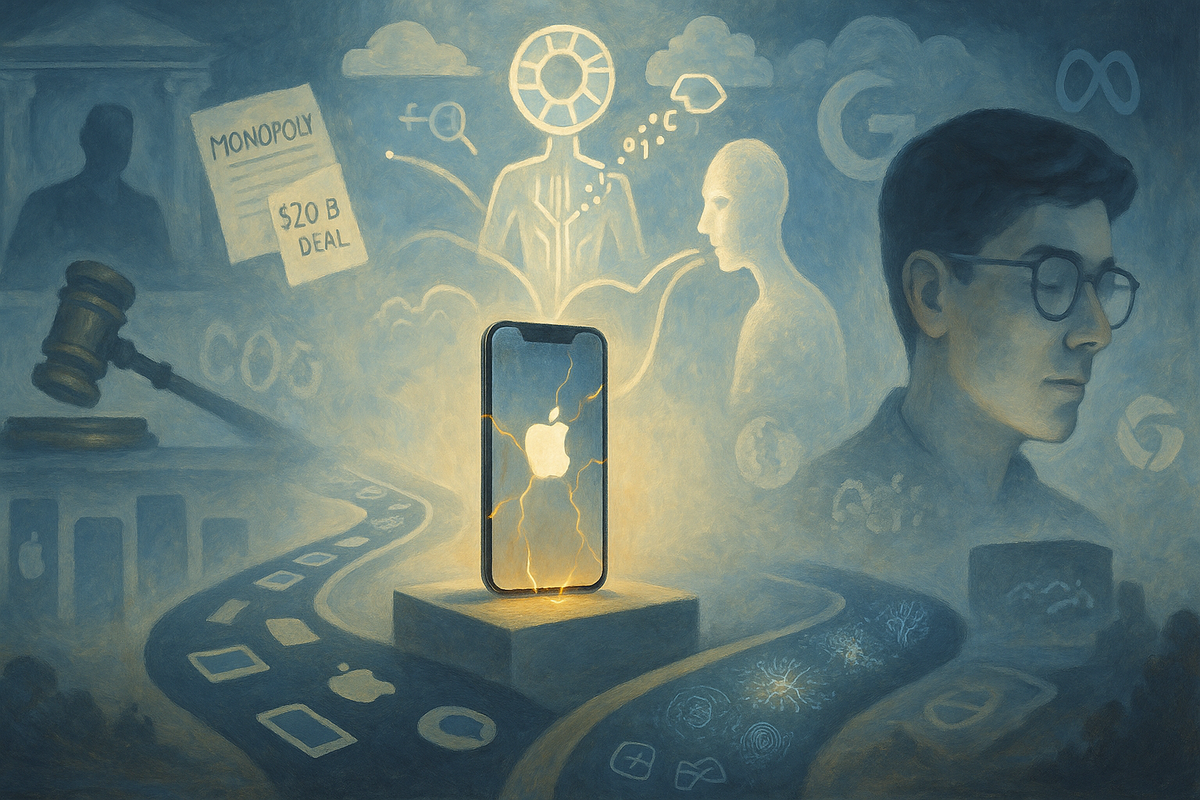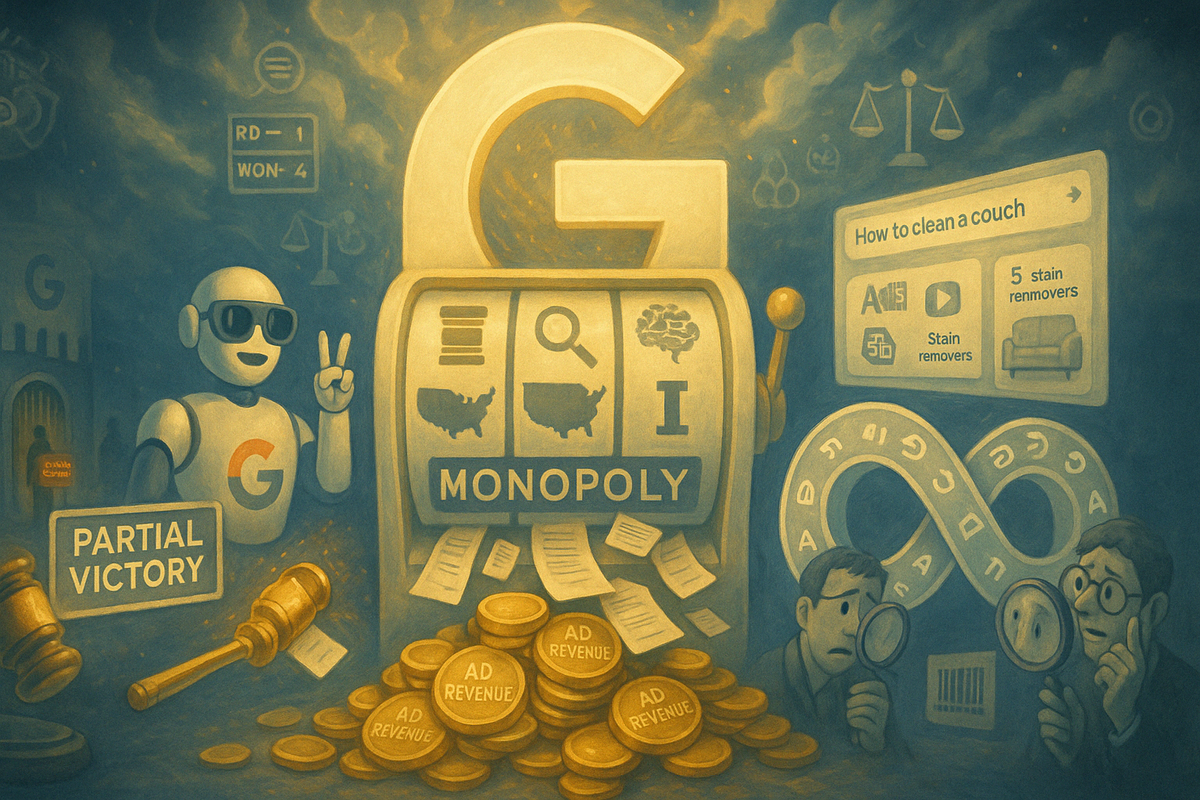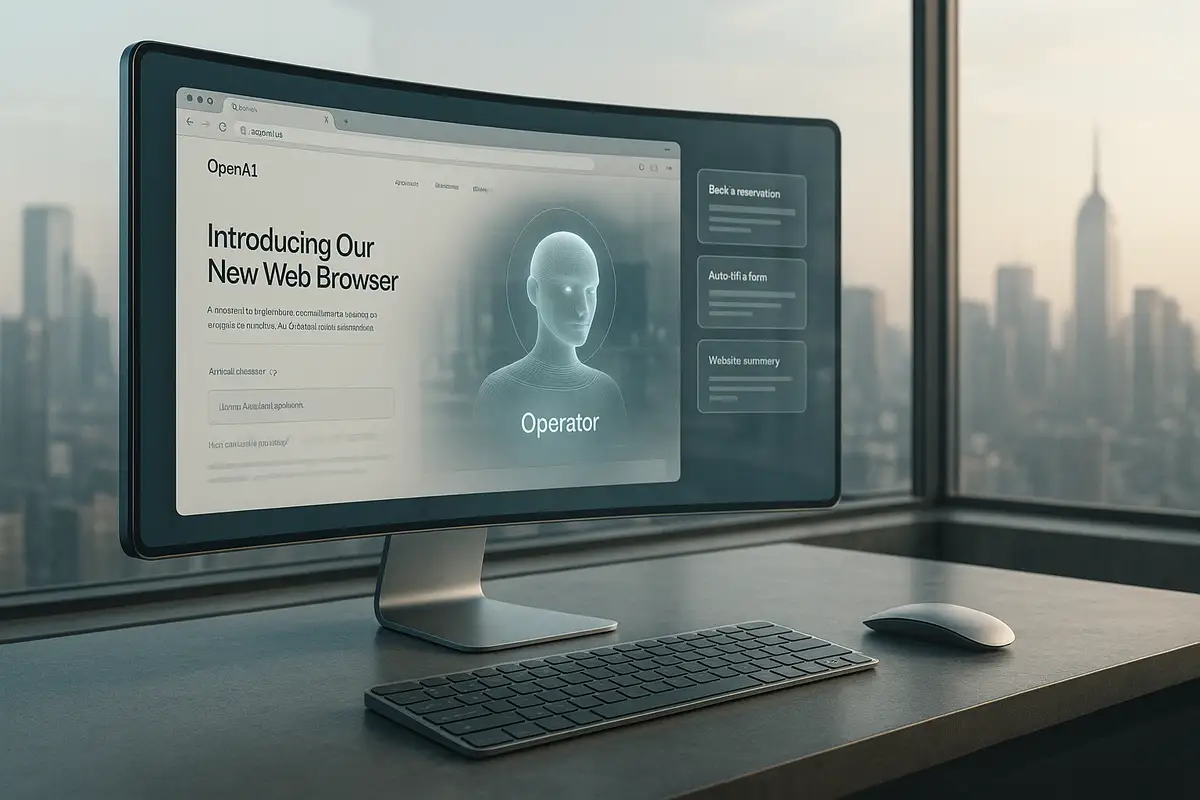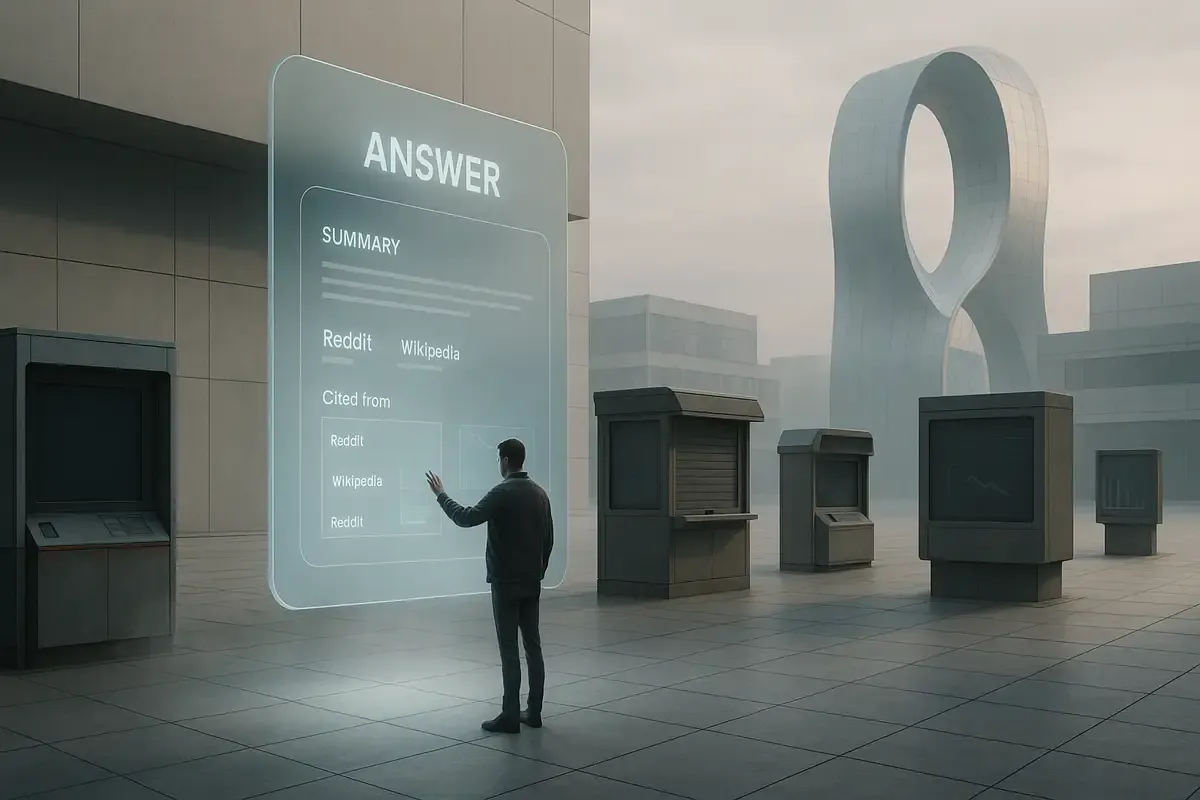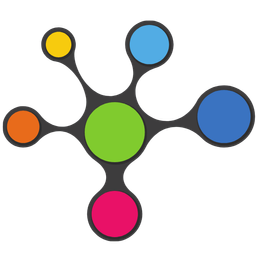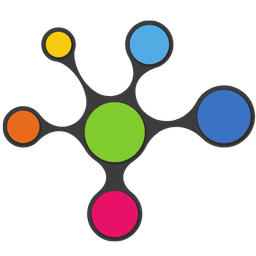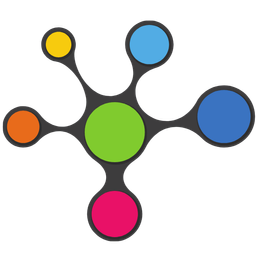💡 TL;DR - The 30 Seconds Version
📉 Google's AI summaries cut website clicks nearly in half, from 15% to just 8%, according to Pew Research tracking 900 real users.
🔗 Only 1% of users click citation links within AI summaries, meaning publishers get almost no traffic from these features.
📊 The study analyzed 68,879 Google searches from March 2025, with 18% triggering AI summaries that keep users on Google.
🏆 Wikipedia, Reddit, and YouTube dominate AI citations with 15% of sources, while news sites get just 5%.
📰 Journalism has lost 10,000 jobs in three years as publishers depend on Google for 90% of search traffic.
🚨 Google dismisses the study while simultaneously seeking licensing deals with 20 news outlets for AI projects.
Google's AI Overviews don't just reduce website clicks—they cut them nearly in half. A new Pew Research study tracking real browsing behavior from 900 users confirms what publishers have been screaming about for months: those AI-generated summaries at the top of search results are starving websites of traffic.
The numbers are stark. When users encounter an AI summary, they click on traditional search results just 8% of the time. Without an AI summary? That jumps to 15%. It's not even close.
But here's what's really telling: only 1% of users bother clicking the citation links within AI summaries themselves. So much for Google's promise that AI would send "higher quality" traffic to publishers. Users are getting their answers and walking away.
The Real-World Data
Pew didn't rely on surveys or guesswork. They tracked actual browsing behavior from 900 US adults who agreed to install monitoring software. The researchers captured 68,879 unique Google searches from March 2025, with 12,593 triggering an AI summary—about 18% of all searches.
The methodology was straightforward. Track what users searched for, record what appeared on their screen, then see where they clicked next. No speculation, no corporate spin. Just cold, hard user behavior data.
What they found should worry anyone who depends on web traffic. Users encountering AI summaries were more likely to end their browsing session entirely—26% versus 16% for regular search results. They're not just skipping your website. They're leaving the web altogether.
The Winner's Circle Gets Smaller
The study reveals which websites actually benefit from this new search landscape. Three platforms dominate both AI summaries and regular search results: Wikipedia, YouTube, and Reddit. Together, they account for 15% of sources cited in AI summaries.
That's not an accident. Wikipedia offers free, authoritative content that Google can use without licensing headaches. YouTube belongs to Google. And Reddit? Google signed a reported multi-million dollar deal with Reddit this year for AI training data. Reddit posts have also gained prominence in regular search results.
Government websites also get preferential treatment in AI summaries, appearing in 6% of citations compared to just 2% in standard results. Meanwhile, news websites hold steady at 5% in both formats—hardly the boost journalism needs right now.
Google's Contradictory Response
Google's reaction to the study is fascinating in its contradictions. The company dismissed Pew's methodology as "flawed" and insisted they haven't seen "significant drops in aggregate web traffic."
But actions speak louder than press releases. Google is simultaneously courting news organizations for licensing deals related to AI, planning to work with about 20 national outlets initially. Why seek licensing agreements if AI summaries don't affect publisher traffic?
Google CEO Sundar Pichai says the web ecosystem is fine because "there are more web pages" than ever. That's like saying restaurants are doing great because there are more menus—while nobody's actually eating.
The Publishing Apocalypse
The timing couldn't be worse for publishers. This year has already brutalized journalism, with layoffs hitting CNN, Vox Media, HuffPost, LA Times, and NBC. Nearly 10,000 journalists have lost jobs in the past three years, according to Nieman Reports.
Publishers depend heavily on Google for traffic—the company controls nearly 90% of global search. A federal judge declared Google's search business an illegal monopoly last year, with another ruling this year targeting their advertising monopoly. Yet publishers remain trapped in Google's ecosystem, even as it systematically reduces their oxygen supply.
The irony is suffocating. Google built its empire by indexing and organizing web content created by others. Now its AI systems consume that same content to provide answers that eliminate the need to visit the original sources.
Search Behavior Is Changing
People aren't just clicking less—they're searching differently. The study found that longer, more conversational queries are more likely to trigger AI summaries. Just 8% of one or two-word searches produced an AI summary, but that jumped to 53% for searches with 10 words or more.
Question-based searches also trigger AI summaries 60% of the time. People now use Google like a personal assistant instead of a website directory. This changes how search engines and content creators work together.
Most AI summaries are 67 words long. The shortest was seven words, the longest 369. Most cite three or more sources, creating an illusion of thoroughness while providing little incentive to dig deeper.
The New Information Ecosystem
What emerges is a picture of an increasingly closed information ecosystem. Google processes web content, synthesizes it through AI, and serves up answers that keep users within Google's walls. The original creators get no traffic, no ad revenue, no relationship with readers.
This isn't just about publishers losing clicks. It's about the fundamental economics of web content creation. If creating quality content doesn't drive traffic, how do publishers fund journalism? If users never visit websites, how do they discover new sources and perspectives?
Google argues that AI summaries help users find information faster. That's probably true. But faster for whom, and at what cost to the broader web ecosystem that makes those answers possible in the first place?
Why this matters:
• The click is dying: AI summaries are training users to expect instant answers without visiting source websites, fundamentally breaking the economic model that funds web content creation.
• Power consolidates: While thousands of publishers compete for scraps, Google captures user attention and the handful of platforms it favors (Wikipedia, Reddit, YouTube) dominate the citation economy.
❓ Frequently Asked Questions
Q: How exactly did Pew Research track user behavior for this study?
A: Pew installed browsing tracker software on devices of 900 US adults who gave consent. They monitored actual clicks and URLs visited during March 2025, then used web scraping to recreate the exact Google search pages users saw, including AI summaries.
Q: When did Google launch AI Overviews?
A: Google introduced AI Overviews in 2024. The feature now appears in about 18% of all Google searches and is available to millions of US users, according to the Pew study data from March 2025.
Q: What types of searches are most likely to trigger an AI summary?
A: Longer searches with 10+ words trigger AI summaries 53% of the time, compared to just 8% for one or two-word searches. Question-based searches starting with "who," "what," "when," or "why" generate summaries 60% of the time.
Q: Can websites opt out of having their content used in AI summaries?
A: Publishers can use robots.txt files to block Google's AI training crawlers, but this also removes them from regular search results. Most publishers can't afford to lose Google traffic entirely, leaving them with no practical opt-out option.
Q: How does this compare to other search engines like Bing or DuckDuckGo?
A: Google controls 90% of global search traffic, making its AI summaries far more impactful than competitors. Bing has similar AI features but much smaller market share. The study only tracked Google searches due to its dominance.
Q: What's Google's official response to claims that AI summaries hurt publishers?
A: Google called Pew's study "flawed methodology" and claims they haven't seen "significant drops in aggregate web traffic." However, the company is simultaneously seeking licensing deals with about 20 news outlets for AI projects.
Q: How many words are typical AI summaries, and how many sources do they cite?
A: The typical AI summary runs 67 words, ranging from as short as 7 words to as long as 369 words. Most summaries (88%) cite three or more sources, while only 1% cite a single source.
